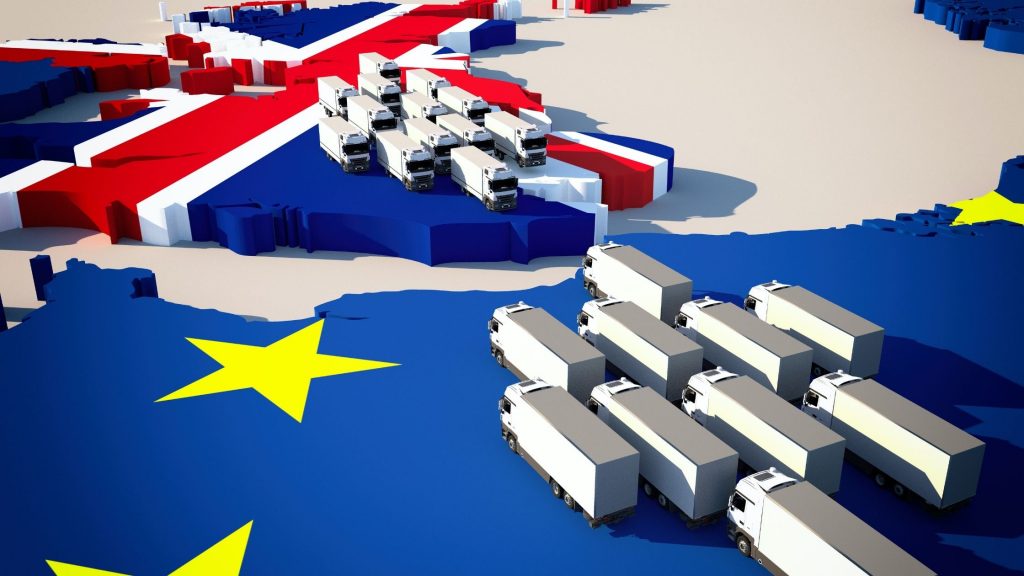The latest news in the UK says that the UK Government will provide temporary toilets for drivers caught short by delays at the border. The plan comes after a warning that thousands of lorries could face two-day delays in Kent while waiting to cross the Channel.
If the predicted delays are bad enough to require toilet facilities en route for drivers, what does this mean for your supply chain? The Port of Antwerp is urging supply chain managers to rethink their options and encourages Supply Chain Managers to switch to short-sea transport.
Our expert in Short-Sea Transport, Tom Reid agrees.
“We’ve always been a champion of short-sea transport, it’s an excellent alternative to road transport for getting goods into and out of the UK, and if problems arise at Dover, as expected, shippers would be crazy not to consider short-sea container services. Even without the looming delays, short-sea is a great option with several benefits – not least the avoidance of potentially days of delays after Brexit.”
Delays at Dover could have a huge knock-on effect to supply chains and rather than have your cargo sit in a traffic jam for days on end resulting in unhappy customers or contract penalties, the smarter approach is to plan ahead and avoid it altogether. Here’s a simple example when importing from Turkey.
John Good Logistics provides weekly short-sea transport services from Istanbul and Izmir. Let’s compare a 40HC Container by sea freight and a full truck by road freight being collected from Istanbul and delivered to London. The sea freight option would save you between £3,000 and £3,800 with almost identical transit times!
While this may already sound like a no-brainer, there are even more reasons why this is a good idea. Not only will short-sea transport eliminate the inevitable delays at Dover and reduce your transport costs, but it will also reduce the negative impact your freight has the environment too. Getting a container from Turkey to the UK typically emits 3350 kgs in CO2, yet switching to short-sea reduces this by 31%.
Paul Ferguson, Sales & Marketing Director at John Good Logistics, adds,
“We’ve helped lots of customers switch to short-sea solutions that haven’t looked back. While it reduces costs, which is excellent, many customers are often looking for ways to reduce the negative impacts of their shipping needs, and so, reducing C02 emissions is now a significant consideration for many.
Paul continues, “Brexit isn’t far away now, and short-sea is particularly appealing for customers who operate Just in Time (JIT) supply chains or ship perishable goods. Some businesses simply can’t risk their goods being stuck on the road for days on end – this is where freight forwarders demonstrate their value, by coming up with alternatives to avoid issues such as these.”
To find out more about how switching your European road transport to short-sea and the positive impacts this would have for your supply chains, contact our short-sea department on:
Phone: +44 (0)1579 563981
Email: treid@johngood.co.uk
